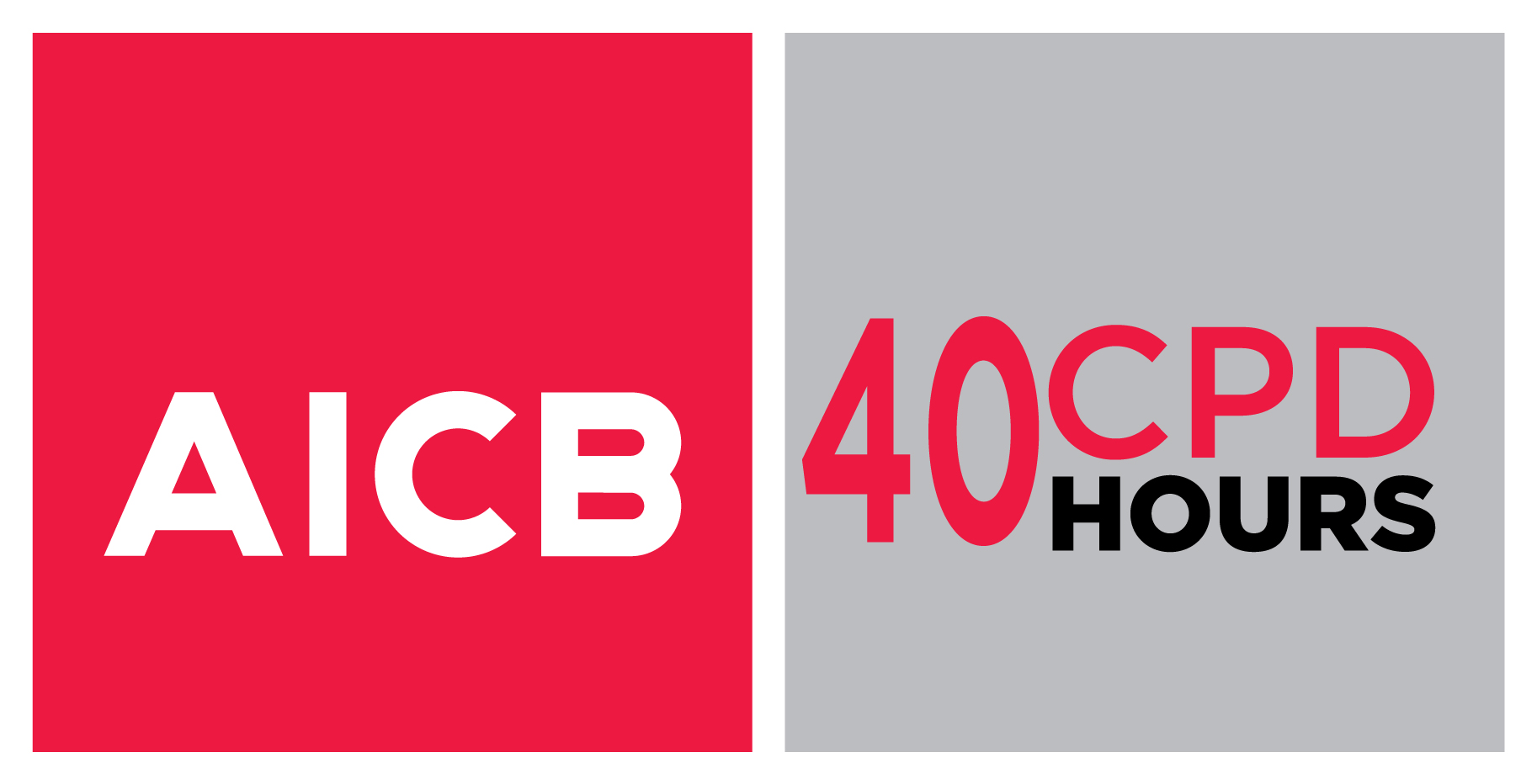- About ABS
- Our Programmes
- Public Programmes
- Branch Management
- Compliance
- Understanding Foreign Exchange Policy and Its Application in Banking Transactions
- Digital Payments in Banking
- Foreign Exchange Policy: Application of Rules on Borrowing and Lending (Notice 2)
- Foreign Exchange Policy: Application of Rules on Investment in Foreign Currency Assets (Notice 3)
- Foreign Exchange Policy (FEP) Workshop: Enhancing FEP Compliance Culture
- Sanctions Compliance Framework: Managing Risk Assessment and its Impact
- Ultimate Beneficial Owner: Overcoming Challenges to Identify UBO
- Corporate Finance
- Credit
- Digital Banking
- Finance / Audit
- Investment Banking
- Language
- Multi-Disciplines
- Professionalism & Ethics
- Relationship Management
- Risk Management
- Soft Skills
- Sustainable Finance
- Understanding SDGs & Climate Risk Awareness for Banks
- Carbon Markets and Decarbonisation Strategy
- Climate Change and Principle-based Taxonomy (CCPT)
- Electrical and Thermal Efficiency Project Financing in Malaysia
- ESG and Climate Risk Management
- ESG and Sustainability for Capital Markets and Investment Banking
- ESG and Sustainable Finance: Latest Trends, Client Engagement and Supporting Clients’ Sustainability Journey
- ESG Credit Underwriting
- ESG in Asset and Wealth Management
- Renewable Energy Financing in Malaysia
- Sustainable Finance for Relationship Managers
- Trade Finance
- Transaction Banking
- Treasury & Capital Market
- Wealth Management
- Online Learning
- Executive Education
- Leading The Sustainability Transformation In Banking
- Cambridge Summer School Programme
- Global HR Leaders Programme
- The Emerging Banking Leaders Programme
- Global Banking Leaders Programme
- Agile Bank HR Leaders in a Digital Age
- Design Thinking for Banking
- Behavioural Finance and Value Creation in Banking
- Creating Effective Ethical Culture in Banking
- Customer Behaviour and Consumer Psychology in Banking
- 3rd Emerging Banking Leaders Programme
- Innovating Banking Cybersecurity in a World Disrupted by Artificial Intelligence
- Investment Banking of the Future
- Leading Digital Transformations
- Opportunities and Risks in Banking Arising from ESG
- Private Banking and Wealth Management: Optimising Client Relationships
- Reimagining a Banking World Disrupted by Fintech
- The ALCO Challenge: Asset & Liability Management (ALM) for Financial Institutions
- The Future of Banking in a Disruptive Age
- The New Banking Model and the Growth Imperative in Investment Banking
- Professional Qualifications
- Graduate Training
- Centre for Digital Banking
- Foundation in Big Data Analytics for the Banking Sector
- Foundation in Artificial Intelligence (AI) for the Banking Sector
- Introduction to Python Programming Language
- Intermediate Python Programming
- R Programming – Foundation
- R Programming – Intermediate
- R Programming – Advanced
- Data Science for the Business User
- Digital Banking – An Executive Overview
- Digital Banking – A Practitioners Overview
- Understanding Digital Banking and its Transformational Impact
- Digital Banking – Innovation Master class
- Big Data Strategy and Application
- Cybersecurity Basic Training
- Cybersecurity Foundation Training
- Design Thinking 101 for the Digital World
- Foundation in Big Data Analytics
- Introduction to Machine Learning using Python
- It’s No Longer Just Another Digital Transformation. It’s a Data-Driven Digital Transformation!
- Analytics in the Cloud
- Programme Calendar
- Public Programmes
- Consultancy
- Graduate training
- News & Events
- Press Releases & Speeches
- Press Release – Asian Banking School Delivers Professionalism to the Industry Through its Certified Training Professionals
- Press Release – AFFINBANK Group Collaborates with Asian Banking School for Operational Risk Review and Scenario Analysis Programme
- Siaran Akhbar – Kumpulan AFFINBANK bekerjasama dengan Asian Banking School untuk Program Penilaian Diagnostik Pengurusan Risiko Operasi dan Analisis Senario
- Press Release – UOB Malaysia and the Asian Banking School launch Malaysia’s first certification programme for wealth advisers
- Press Release – Cambridge Summer School Programme to address main disruptors in the banking world
- Governor's Remarks at the Launch of the Asian Banking School's Cambridge Summer School Programme
- Governor's Remarks at the Opening of the Global Banking Leaders Programme
- Press Release – First Global Banking Leaders Programme Officially Opened Followed by The Signing of a Joint Declaration to Professionalise The Banking Industry
- Chairman's Welcome Remarks at the Opening of the Global Banking Leaders Programme
- Siaran Akhbar – Jalinan UOB Malaysia dan Asian Banking School lancar program penarafan eksekutif pegawai bank PKS pertama industri kewangan
- Press Release – UOB Malaysia partners Asian Banking School to launch finance industry’s first executive certification programme for SME bankers
- Chairman's Speech at the Launch of the Global Banking Leaders Programme
- Siaran Akhbar – Asian Banking School dan OCBC Bank Ganding Bahu Tingkatkan Piawaian Profesional Bidang Pengurusan Kekayaan
- Press Release – Asian Banking School and OCBC Bank Team Up to Raise Professional Standards in Wealth Management
- Press Release – Asian Banking School Develops Future Leaders for the Financial Services Industry
- Chairman's Speech at the Closing Ceremony of FSTEP FLAME programme
- Deputy Governor's Keynote Address at the Official Launch of the Asian Banking School
- News
- Full Steam Ahead
- Cambridge Summer School Programme to address main disruptors in banking world
- Program Cambridge Summer School tangani gangguan utama dalam dunia perbankan
- ABS embarks on the path of leadership for the banking industry
- Launch of UOB-ABS SME Banking Executive Certificate
- UOB Malaysia Dan ABS Lancar Program Penarafan Eksekutif Untuk Pegawai Bank PKS
- UOB Malaysia Partners ABS To Launch Executive Certification Programme For SME Bankers
- Launch of ABS-OCBC Wealth Management Programme
- First of its Kind ABS-OCBC Wealth Management Programme to Kick-Off in August
- Asian Banking School dan OCBC Bank Ganding Bahu Tingkatkan Piawaian Profesional Bidang Pengurusan Kekayaan
- More Than Just a Job
- 1st FSTEP FLAME graduates
- The Right Step Forward
- Kumpulan Pertama Peserta Di Bawah Program Flame ABS Dilancarkan
- First Batch of Torchbearers Under ABS Flame Programme Rolls Out
- Banking on Talent
- Developing world-class talent for banks
- Events & Updates
- Prominent Leaders Session featuring Prof Dr Colyn Gardner
- Revision of Sales and Service Tax (SST)
- AICB Bank Audit Conference 2024
- ABS Industry Training Needs 2024 Survey Results
- University Challenge Dinner 2023
- EDM Public Programmes November & December 2023
- Launch of International Residency Executive Education Programmes 2023
- Leading the Sustainability Transformation in Banking 2022
- "Introduction to Ethics in Banking" in-house training
- ABS INDUSTRY TRAINING NEEDS 2023 SURVEY RESULTS
- Year End Deals for Next Year's Executive Education Programmes
- Visit from CamEd Business School
- PB Business Lending Training Workshop in Malé, Maldives
- Procurement Notice
- Leading Digital Transformations
- Visit from Industrial and Commercial Bank of China (ICBC)
- Visitors from National Deposit Insurance Corporation and The Securities & Exchange Commission, Nigeria
- Valuation: Art, Science or Magic?
- Global Banking Leaders Programme 2018
- Study visit from representatives of banks in Nepal
- IFCTF 2018 Sponsorship Signing Ceremony
- Visitors from the Central Bank of Kenya, Central Bank of Nigeria and Financial Institutions Training Center of Nigeria
- Cambridge Summer School Programme 2018
- UOB-ABS SME Banking Executive Certificate Graduation Ceremony
- FSTEP BATCH 20 & BATCH 21 GRADUATION CEREMONY
- Understanding Letters of Credit & UCP 600
- ABS Visits Labuan FSA
- FSI Aidilfitri Celebration 2018
- Business Foresight Forum (BFF) 2018
- FAA Certification Ceremony
- ABS Visits Association of Banks in Cambodia
- UOB-ABS Wealth Advisory Certification Programme Graduation Ceremony
- The Asian Pacific Association of Banking Institutes (APABI) Meeting and Conference 2018
- Emerging Banking Leaders Programme 2018
- AFFIN-ABS Operational Risk Review and Scenario Analysis Programme MoU Signing Ceremony
- Emerging Banking Leaders Programme Launch
- Chartered Banker MBA Programme Launch
- Launch of Agile Bank HR Leaders in a Digital Age
- Applied Corporate Finance – Real Companies, Real Data, Real Time
- Visitors from the Bangladesh Bank Training Academy
- Global Banking Leaders Programme 2017
- Visitors from the Central Bank of Nigeria, Bangladesh Institute of Bank Management and Summit Bank Pakistan
- AIF Professional Masterclass - Down the Rabbit Hole of Leadership
- Visitors from Pakistan, Nigeria and Tanzania's Training Institutes
- UOB-ABS Wealth Advisory Certification Programme MoU Signing Ceremony
- Visitors from the Central Bank of Jordan
- Visiting Lecturer Programme
- Cambridge Summer School Programme 2017
- Cambridge Summer School Programme Launch
- Global Banking Leaders Programme Official Opening
- Outside Inside
- UOB-ABS SME Banking Executive Certificate Programme
- Global Banking Leaders Programme Launch
- EDM_ESG
- ABS Upcoming Programmes July-August 2021
- EDM_Online Learning September 2021
- EDM_Online Learning October 2021
- EDM_Online Learning November 2021
- EDM_Online Learning December 2021
- EDM_Online Learning March 2022
- EDM_Online Learning April2022
- EDM_Online Learning May 2022
- EDM_Online Learning August & September 2022
- Chartered Banker MBA EDM
- EDM for OPPORTUNITIES AND RISKS IN BANKING ARISING FROM ESG & GREEN FINANCE
- Sama-sama Beraya
- Executive Education 2022
- Executive Education 2022_Dubai
- Executive Education Programmes 2022 - IBFIM
- Visitors from the International Business School of Beijing Foreign Studies University
- Press Releases & Speeches
- ABS Club
- ABS Shop





























